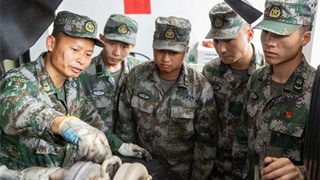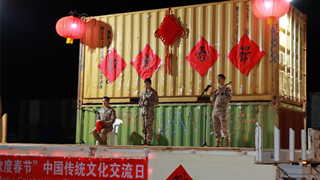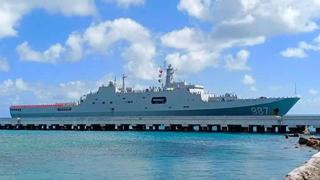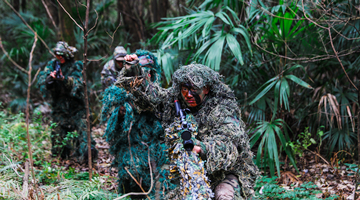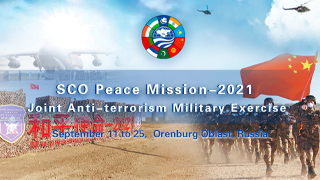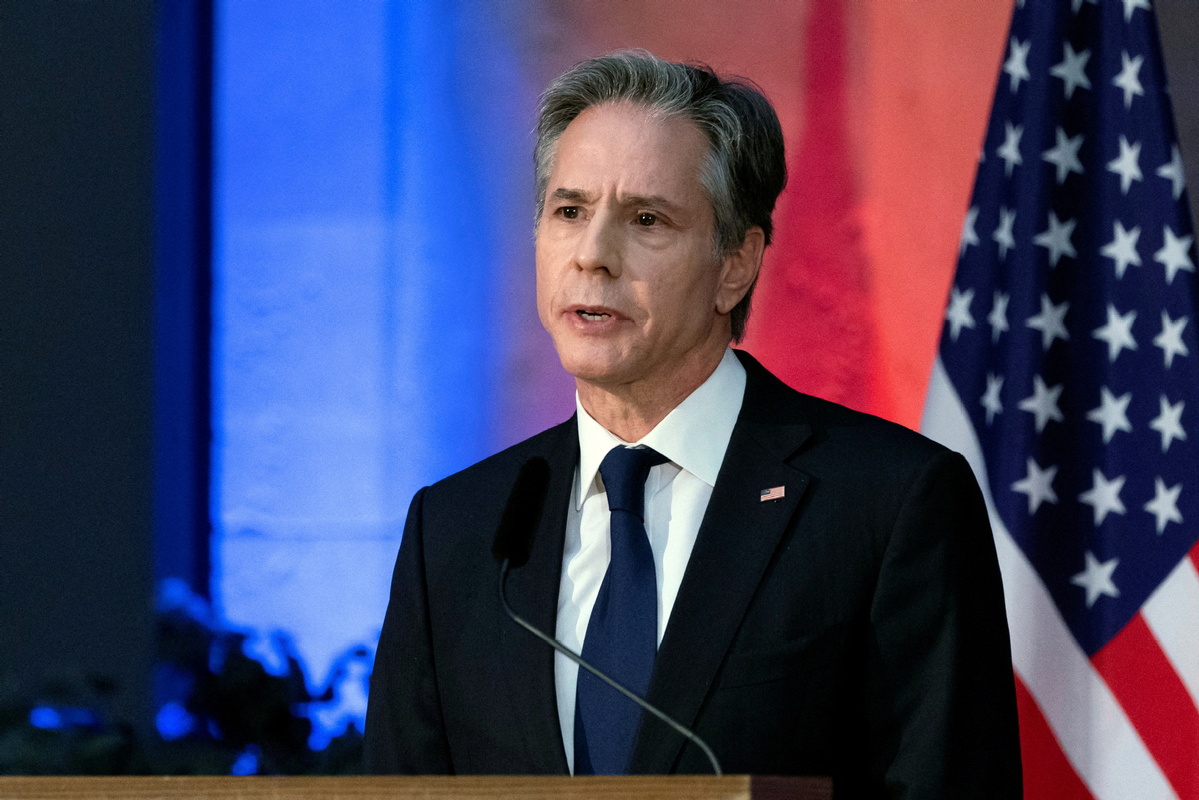
By Liu Heran and Zuo Shang
US Secretary of State Antony Blinken’s South Pacific trip wrapped up with the US-Japan-ROK ministers’ meeting in Hawaii on February 12 following his visit to Fiji. The highlight of Blinken’s trip was the fourth Quad Foreign Ministers' Meeting in Melbourne, Australia, where he met with 18 leaders of Pacific island states via video link, news came from AP.
Analysts pointed out that the move was to rope the island countries in to fill up the so-called Indo-Pacific network; it is also a vital step by the Biden administration to get more deeply involved in regional affairs. In his tight schedule of meeting with the heads of governments, foreign ministers, and social dignitaries of foreign countries, Blinken was conveying several implicit strategic considerations in addition to the explicit emphasis on maintaining regional prosperity and stability for common interests.
First, he was peddling the new “Indo Pacific strategy”. While Blinken was on his way to Fiji, the White House released a 19-page new report on Indo-Pacific Strategy, which specified the moves it will make to reinforce regional security and forge cooperative relations. At the press conference in Fiji, Blinken not only introduced the government officials to some of the articles in the new report but also announced its central message and policy orientation on behalf of the US Department of State.
Second, he was peddling anxiety and flaunting American strengths. During the trip, Blinken emphasized the border tension between Russia and Ukraine several times and implied the increase of Russian troops to the area, adding that once Russia takes any military action, Washington and its allies will fight back immediately with economic sanctions and step up the defense deployments on the east wing of NATO. He was obviously trying to win the trust of South Pacific governments and their people by presenting the US as a peace lover within its self-made game-playing framework and bragging about its ability to cope with the geostrategic crisis.
Third, he was pledging to the allies America’s determination to get involved in regional affairs. During the Fiji trip, Blinken confirmed the decision to re-open the embassy on the Solomon Islands, spend USD 12.4 million on renting premises, and form a seven-member mission to dilute the political resources other out-of-region countries have previously garnered through local police cooperation and reconstruction.
Yet it is not uncommon for hard-nosed America to pay lip service only. Even its traditional allies like Australia and New Zealand are full of doubts about America engaging in South Pacific affairs.
On the one hand, Biden’s policies will not necessarily get through. Pew Research Center’s latest poll showed Biden’s support rate falling to 41% among the public and 76% within the Democratic party, putting a huge question mark on the misterms and the 2024 presidential election, not to mention that less than 10% of Republicans endorse his current policies. This means any policy that the White House puts forth now is likely to meet huge resistance at the Congress. In other words, it is as uncertain for Biden to be reelected as it is for his policies to be carried out in the remaining two years of his first term.
On the other hand, selling nuclear submarine technology to Australia has cost America public support in the region. In September 2021, the US, the UK and Australia forming the AUKUS alliance regardless of objection from surrounding countries broke the regional power balance and pushed Australia in the direction of becoming a nuclear weapon state in the southern hemisphere. This triggered an uproar in South Pacific because the consequent risk of nuclear proliferation and geopolitical strife will surely endanger the people on the island states. Historically America’s nuclear tests had caused devastating impacts on them, including the Marshall Islands, and sequela such as lymph cancer, leukemia and bodily deformity is still plaguing the locals. Therefore, the South Pacific island states that loathe being dragged into the zero-sum swirl will hardly grow trustful or dependent on the US.
(The authors are from the Academy of China Open Economy Studies, University of International Business and Economics)
